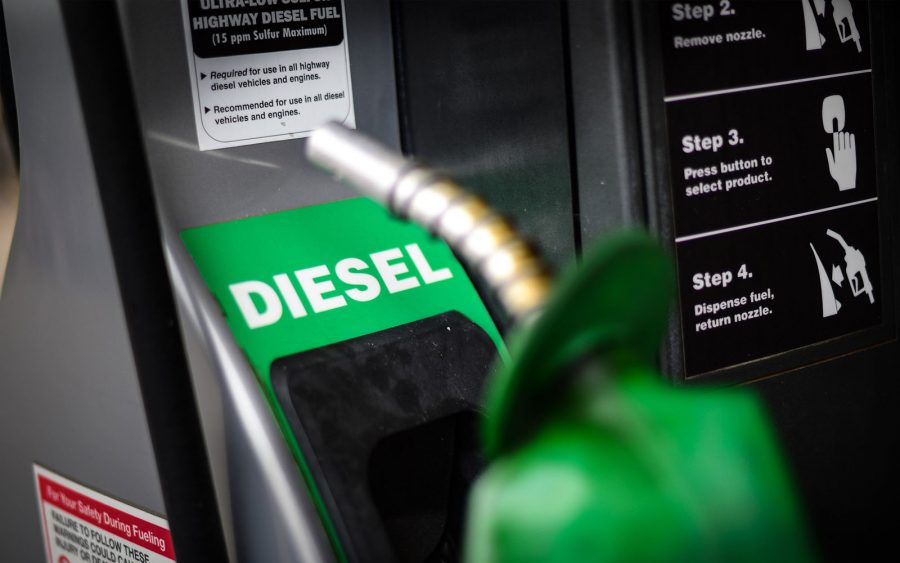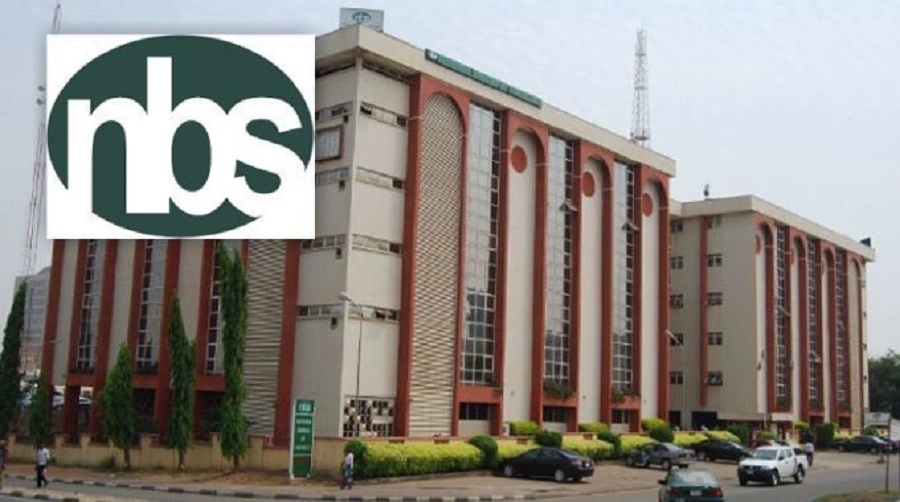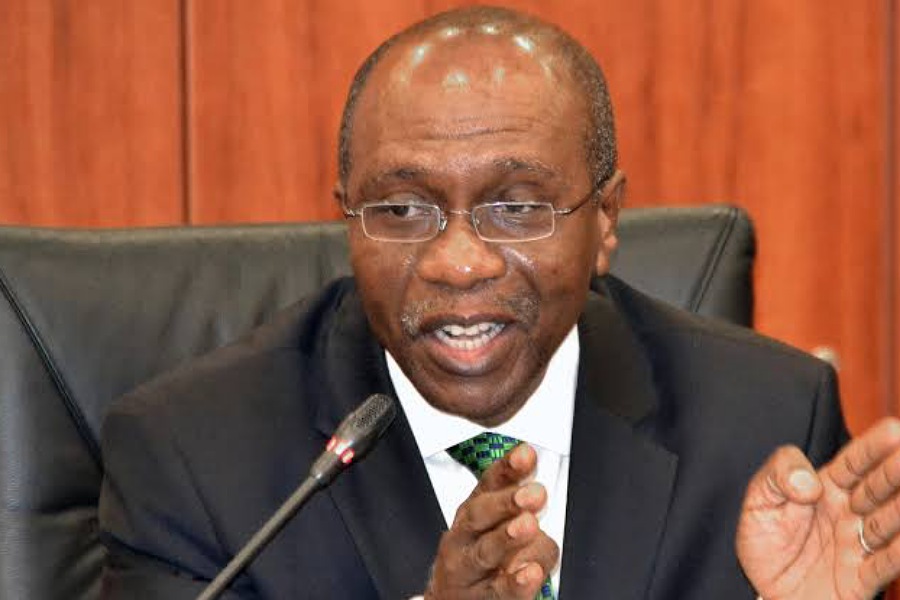Diesel prices in Nigeria increased by 187.69% within a year. This is according to the January 2023 diesel price watch report released by the National Bureau of Statistics (NBS) on Monday, February 20.
The report showed that the average price of diesel rose from N288.09 per litre in January 2022 to N828.82 per litre in January 2023.
On a month-on-month basis, the average price increased by 1.34% from N817.86 per litre as of December 2022.
Average highest and lowest prices: According to the NBS report, the Nigerians who paid the highest prices for diesel during the period under review are; Bauchi at N900 per litre, Benue at N885.71 per litre, and Adamawa at N866.67 per litre.
Meanwhile, those who paid the lowest for diesel during the period under review are; Bayelsa at N768.75 per litre, Edo at N788 per litre, and Akwa Ibom at N788.75 per litre.
Prices by geopolitical zones: In the North Central region, the average price was N844.81 per litre, in the North West it was N814.92 per litre, in North East it was N832.44, in the South East, it was N835.41 per litre. Also, in the South West region, the average diesel price was N845.59 per litre, while in the South-South, it was N800.49 per litre.
Impact on Nigerian businesses: Given the steady increase in diesel prices since January 2022 till date, it is clear that the commodity is becoming more expensive for business owners. Can they cope with these increases?
Ifeanyi Nwafor, who owns a sports viewing centre in Abuja, told Nairametrics that he is considering making the switch to solar for his business. According to Nwafor who currently buys diesel at N850 per litre, diesel costs have dramatically increased recently and there is no indication that the costs will crash.
What you should know: Many small business owners and manufacturers in Nigeria rely on self-energy generation via diesel and fuel generators due to unreliable power supply. However, experts predict a rise in solar migration by Nigerian businesses especially as the government plans to remove fuel subsidies, thereby making both diesel and fuel more expensive as alternative power sources.
























